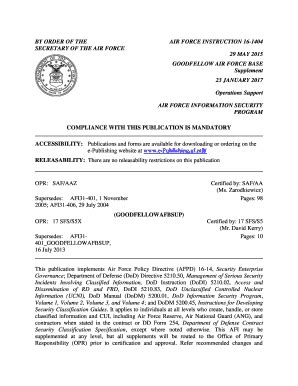5 Mental Health Tech Tips
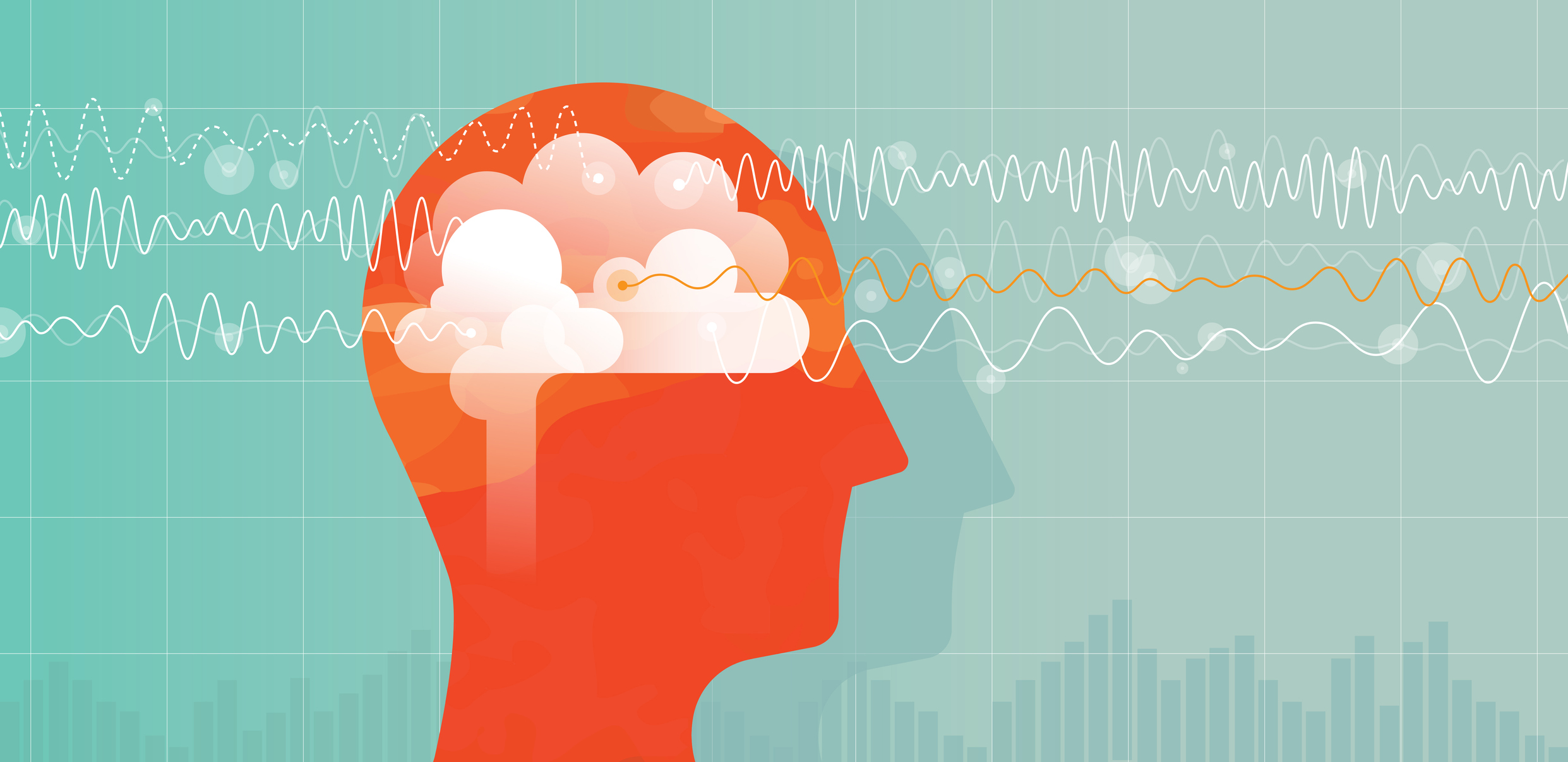
Introduction to Mental Health and Technology
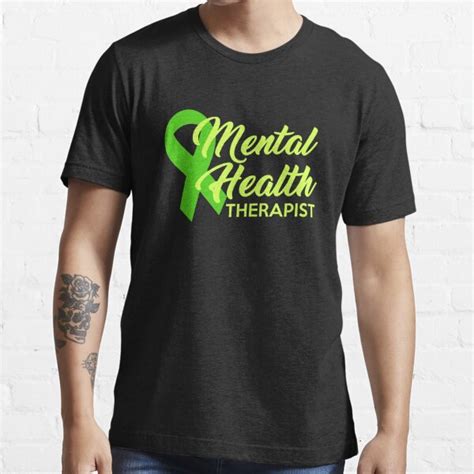
In today’s fast-paced, technology-driven world, it’s easy to get caught up in the hustle and bustle of daily life and neglect our mental health. However, with the rise of mental health awareness, people are starting to realize the importance of taking care of their minds. One way to do this is by utilizing technology to our advantage. In this article, we’ll explore five mental health tech tips that can help you prioritize your well-being and cultivate a healthier relationship with technology.
Tip 1: Practice Digital Detox with Website Blockers
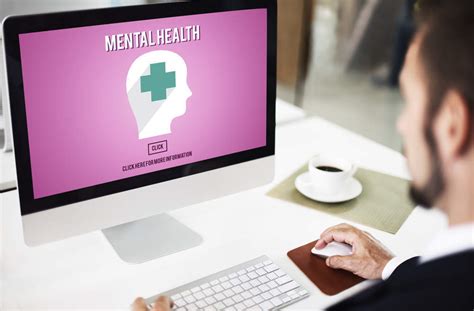
One of the most significant ways technology can impact our mental health is through social media and the constant stream of information available online. Social comparison and the fear of missing out (FOMO) can lead to feelings of anxiety and inadequacy. To combat this, consider using website blockers like Freedom, SelfControl, or Cold Turkey to limit your access to distracting or harmful websites. By setting boundaries and taking breaks from the digital world, you can reduce stress and improve your mental clarity.
Tip 2: Utilize Mindfulness and Meditation Apps
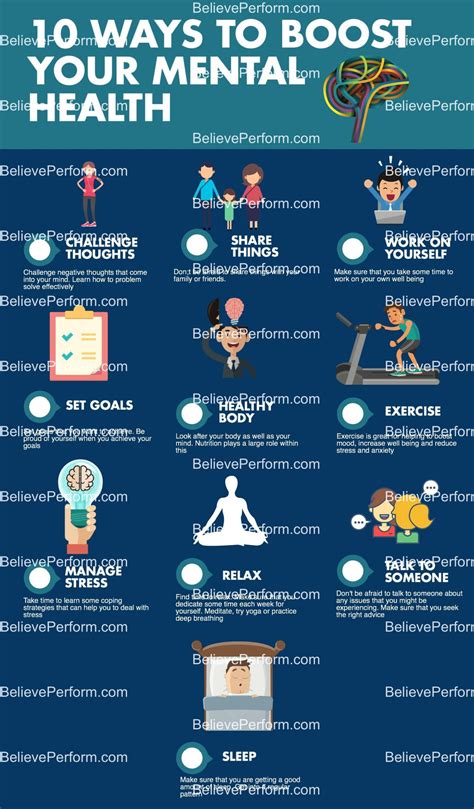
Mindfulness and meditation have been shown to have a positive impact on mental health, reducing symptoms of anxiety and depression. There are many apps available that can guide you through mindfulness exercises and meditations, such as Headspace, Calm, and Insight Timer. These apps often offer personalized meditation plans, sleep stories, and relaxing music to help you unwind and focus on the present moment. By incorporating mindfulness and meditation into your daily routine, you can improve your emotional regulation and overall well-being.
Tip 3: Leverage Online Therapy Platforms

Traditional therapy can be expensive and time-consuming, but online therapy platforms have made it more accessible and convenient. Platforms like BetterHelp, Talkspace, and 7 Cups offer affordable therapy sessions, flexible scheduling, and anonymous support. Online therapy can be especially helpful for those who struggle with social anxiety or have busy schedules. By seeking professional help and support, you can work through challenging emotions and develop coping strategies to improve your mental health.
Tip 4: Use Mood-Tracking Apps to Monitor Your Emotions

Mood-tracking apps can help you identify patterns and trends in your emotions, allowing you to better understand yourself and make informed decisions about your mental health. Apps like Moodfit, Happify, and Daylio offer mood-tracking features, personalized recommendations, and stress-management techniques. By monitoring your emotions and tracking your progress, you can develop a greater sense of self-awareness and take proactive steps to manage your mental health.
Tip 5: Prioritize Sleep with Technology-Friendly Sleep Aids
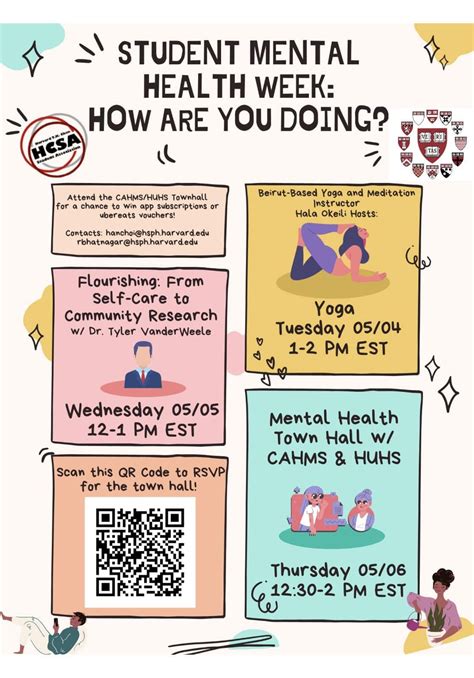
Sleep is essential for maintaining good mental health, and technology can both help and hinder our sleep habits. To promote healthy sleep habits, consider using blue light filtering glasses or apps like f.lux, which filter out sleep-disrupting blue light from screens. Additionally, apps like Sleep Cycle and Pillow can help you track your sleep patterns, set sleep schedules, and improve sleep quality. By prioritizing sleep and establishing a consistent sleep routine, you can improve your mood, cognitive function, and overall mental well-being.
💡 Note: While technology can be a powerful tool for improving mental health, it's essential to maintain a balance between technology use and other aspects of life. Be sure to set boundaries and prioritize face-to-face interactions, outdoor activities, and other hobbies to ensure a well-rounded and healthy lifestyle.
As we’ve explored in this article, technology can be a double-edged sword when it comes to mental health. However, by being mindful of our technology use and utilizing the right tools and strategies, we can harness the power of technology to improve our mental well-being. By incorporating these five mental health tech tips into our daily lives, we can cultivate healthier relationships with technology, prioritize our mental health, and live more balanced, fulfilling lives.
What are some common benefits of mindfulness and meditation for mental health?

+
Some common benefits of mindfulness and meditation for mental health include reduced symptoms of anxiety and depression, improved emotional regulation, and enhanced cognitive function. Regular mindfulness practice can also lead to increased self-awareness, improved relationships, and a greater sense of overall well-being.
How can I get started with online therapy, and what are some things to consider when choosing a platform?

+
To get started with online therapy, research different platforms and consider factors such as cost, convenience, and the qualifications of the therapists. Look for platforms that offer affordable sessions, flexible scheduling, and anonymous support. It’s also essential to read reviews and ask questions before committing to a particular platform.
What are some tips for maintaining a healthy balance between technology use and other aspects of life?
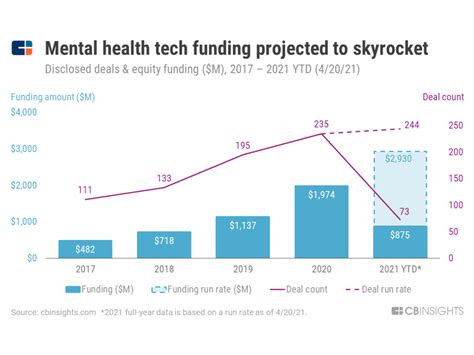
+
To maintain a healthy balance between technology use and other aspects of life, set boundaries and prioritize face-to-face interactions, outdoor activities, and other hobbies. Consider implementing technology-free days or hours, and establish routines that promote relaxation and self-care. It’s also essential to monitor your technology use and adjust your habits as needed to ensure a well-rounded and healthy lifestyle.


